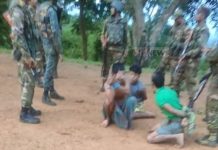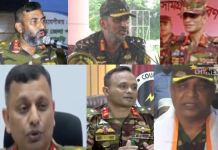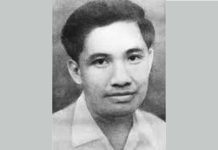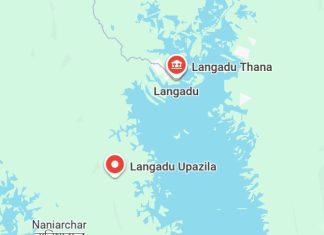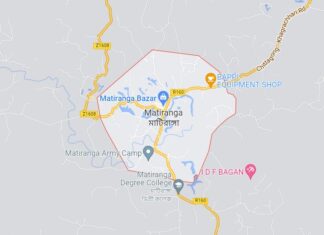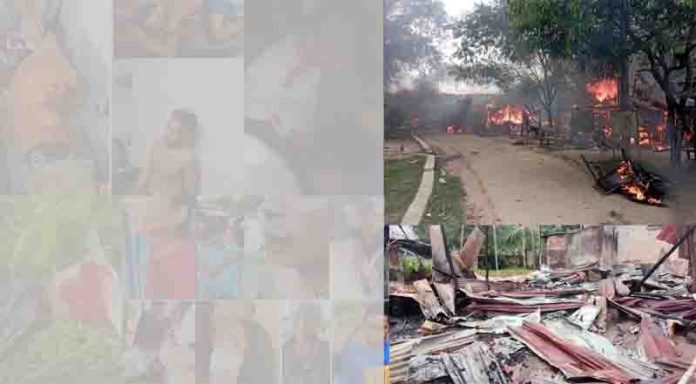
Opinion Report
Following the Guimara massacre on September 28, a storm of protests and condemnation erupted across the country against the Bangladesh Army. Social media, TV channels, and print media were abuzz—everywhere, the Guimara incident was being discussed. Protests also took place abroad, in countries like South Korea, France, and Switzerland (Geneva).
Various political parties, student organizations, women’s groups, human rights organizations, and prominent individuals condemned the attack. When the Democratic Rights Committee announced plans to visit the scene, pressure on the army intensified. The guilty Bangladesh Army was busy hiding its face. In an attempt to cover up its crimes, it tried to shift the blame onto the UPDF (United People’s Democratic Front). A massive media propaganda campaign was launched, and a staged drama around “arms recovery” was put into play. Despite this, they couldn’t divert media and public attention away from Guimara.
It was precisely in this cornered situation that the Jana Samhati Samiti (JSS) Santu Group stepped in to rescue the Bangladesh Army. They did this in two ways: First, the Santu Group hastily published a report on the Guimara incident, in which the army’s aggressive role was downplayed. Most notably, the Santu Group indirectly echoed the army’s narrative and blamed the UPDF for the attack.
The second action they took was to abduct college student Aloron Chakma from Rangamati. The abduction was calculatedly timed to divert attention from the Guimara attack and to distract the hill student and youth communities. They could have abducted him at any other time—but they didn’t. Doing it at such a specific moment suggests an ulterior motive. Surely, they knew that such an abduction would trigger discussion, criticism, protests, and demonstrations. So, how can it be ruled out that they didn’t do it at the army’s direction?
Whoever ordered it, the goal of the Santu Larma faction was achieved. Instead of the student and youth communities focusing on Guimara—collecting aid, organizing protests, tending to the injured, and demanding justice—they are now occupied with demanding Aloron Chakma’s release. In this way, due to the Santu Group, the army-settler attackers are going scot-free, while the vital energy of the Jumma nation is being wasted.
It’s worth noting: this is not the first time the Santu Group of the JSS has saved the army from an embarrassing and cornered position. After the September 19–20 attacks last year, Santu Larma similarly protected the army and extremist settlers. At that time too, he blamed the UPDF and leaders of the Anti-conflict and Anti-discrimination Hill Student Movement for communal attacks on hill people in Dighinala, Khagrachari, and Rangamati. Even when his own Regional Council office was attacked, he didn’t issue a single line of condemnation.
Though Santu Larma’s disgraceful and appalling role has drawn harsh criticism and condemnation, he remains favored by the Bangladesh Army. In reality, in exchange for holding on to the Regional Council seat, he has continuously worked to serve the interests of the military rulers.
(October 9, 2025)
————

